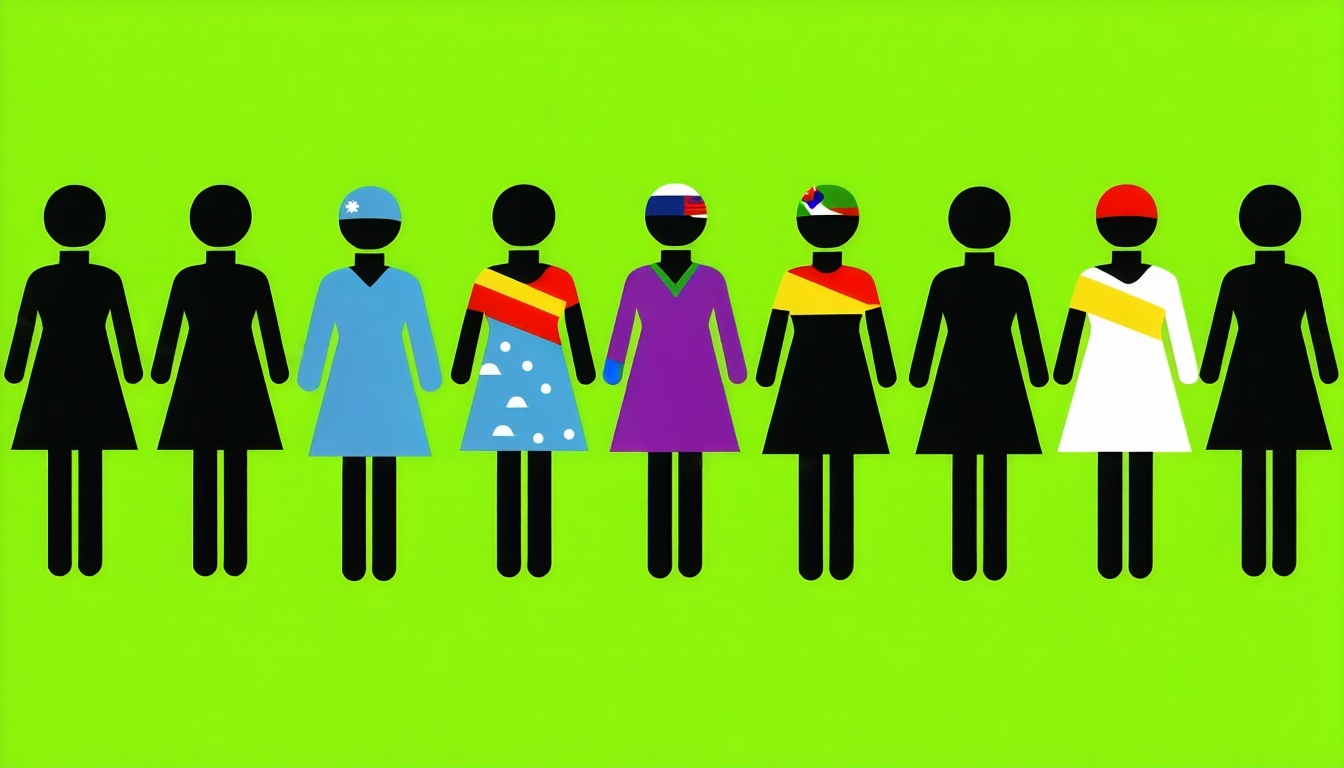Navigating the sensitive topic of abortion pills in Gaborone, Botswana, can be challenging, but...
Understanding Abortion Pills in Namibia

Abortion pills have been a topic of significant debate and controversy in Namibia, making it essential to understand their implications fully.
The Legal Landscape of Abortion in Namibia
Abortion laws in Namibia are highly restrictive compared to many other countries. The Abortion and Sterilization Act of 1975 governs the circumstances under which abortion is permitted, allowing it only in cases of rape, incest, or when the mother's life or health is in serious danger. This restrictive legal framework leads many women to seek unsafe and illegal means to terminate unwanted pregnancies, posing significant health risks.
Efforts to reform abortion laws have been met with both support and opposition. Advocacy groups continue to push for more liberal policies to ensure safe and legal access to abortion services, including the use of abortion pills.
How Abortion Pills Work
Abortion pills, typically a combination of Mifepristone and Misoprostol, are used to medically terminate a pregnancy. Mifepristone is taken first to block the hormone progesterone, which is essential for pregnancy continuation. Misoprostol is taken 24 to 48 hours later to induce contractions and expel the pregnancy tissue.
The process is generally used for pregnancies up to 10 weeks gestation. It is a safe and effective method when administered correctly, with a success rate of over 95%. However, it is crucial to have access to proper medical guidance and follow-up care to manage any potential complications.
Availability and Access to Abortion Pills
In Namibia, the availability and access to abortion pills are severely limited due to the restrictive legal environment. Many women resort to unregulated and potentially unsafe sources to obtain these medications. This lack of access to safe and legal abortion pills exacerbates health risks and underscores the need for policy reform.
Some international organizations and advocacy groups are working to improve access to safe abortion services, including the provision of medically supervised abortion pills. However, the stigma and legal barriers remain significant obstacles.
The Societal Impact and Ethical Considerations
The debate over abortion pills in Namibia is deeply intertwined with societal values, ethical considerations, and religious beliefs. Many communities view abortion as morally unacceptable, which influences public opinion and policy decisions. This societal stigma creates an environment where women may feel judged or ostracized for seeking an abortion.
Ethical discussions often focus on the rights of the woman versus the rights of the fetus, with arguments on both sides of the issue. Balancing these ethical considerations with the need to provide safe and legal reproductive health services remains a complex and contentious issue.
Support and Resources for Women
Despite the restrictive legal environment, there are resources available to support women facing unplanned pregnancies. Organizations such as women's health clinics and advocacy groups offer counseling, educational materials, and sometimes even discreet medical assistance for those in need.
It is crucial for women to have access to accurate information and compassionate support. Comprehensive reproductive health services, including family planning, contraception, and post-abortion care, are vital for ensuring women's health and well-being. Advocacy for legal reform and increased access to safe abortion services continues to be a priority for many health and human rights organizations.
.png?width=200&height=65&name=Untitled%20design%20(68).png)


